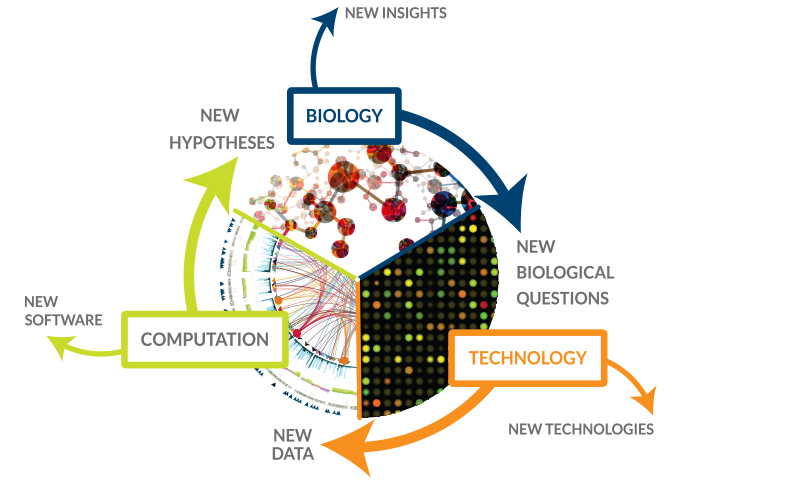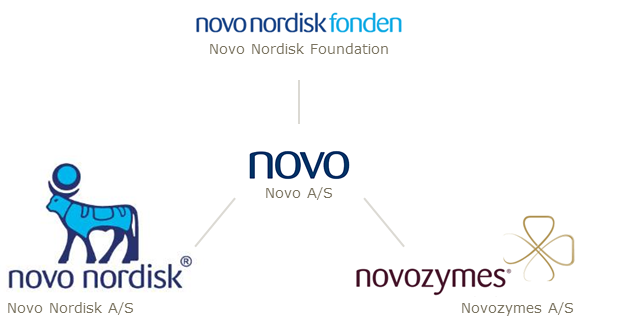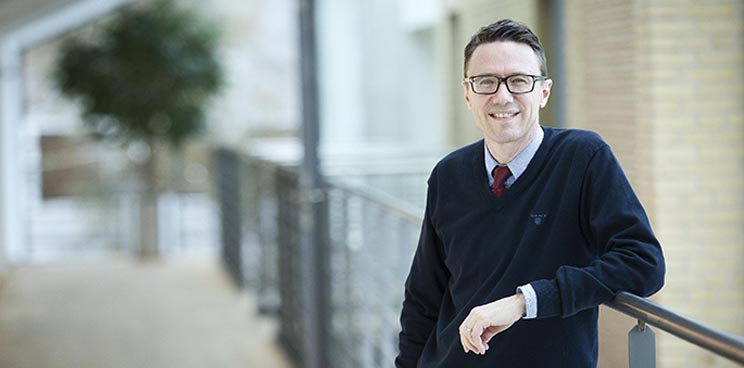Jens Nielsen pioneered Systems Biology in Europe. His research efforts focus on transferring science research to industrial applications – to create a society independent of fossil fuels. He has now been awarded Novozymes Prize.
 Nielsen, a professor at Chalmers University of Technology in Gothenburg (Sweden), literally co-wrote the book on Metabolic Engineering back in 1998. During this period he started teaching at the Danish Technical University (DTU), around the same time that the field was emerging at MIT.
Nielsen, a professor at Chalmers University of Technology in Gothenburg (Sweden), literally co-wrote the book on Metabolic Engineering back in 1998. During this period he started teaching at the Danish Technical University (DTU), around the same time that the field was emerging at MIT.
This would later evolve into Systems and Synthetic Biology, both now massive areas of research and innovation. Systems Biology combines many different disciplines: mathematics, reaction and fermentation science, data integration and modern microbial genetics.

With such a comprehensive perspective, it aims to understand biological processes so well that they could be controlled and tinkered with in order to produce things society needs (drugs, materials, fuels) through cell factories. So instead of being dependent on fossil fuels, we would be shifting towards a bioeconomy.
Nielsen has now received the Novozymes Prize (awarded by the NovoNordisk Foundation) for the cutting edge work done in his lab. Now located at Chalmers (Sweden), the lab will study industrial applications of biology to create these cell factories.
According to Nielsen, the €400k (3M DKK) of funding (with no strings attached) will help finance ‘riskier projects‘ that could improve technology based on this Systems Biology research.

On top of his impressive academic record, Nielsen is no stranger to transferring academic research to the industry. He was a founder of Fluxome Sciences (now a part of Swiss Evolva), MycoTeQ (Denmark), MetaboGen (Sweden) and Biopetrolia (Sweden).
Nielsen is also the CSO of the Novo Nordisk Foundation Center for Biosustainability (DTU Biosustain). We wonder whether there isn’t a bit of conflict of interest here, but Nielsen’s work is indisputably at the forefront of industrial biotechnology.
The Novozymes Prize is an example of huge recognition of Nielsen’s work, and the €400k awarded could help fuel the ride to a greener, more sustainable future.





